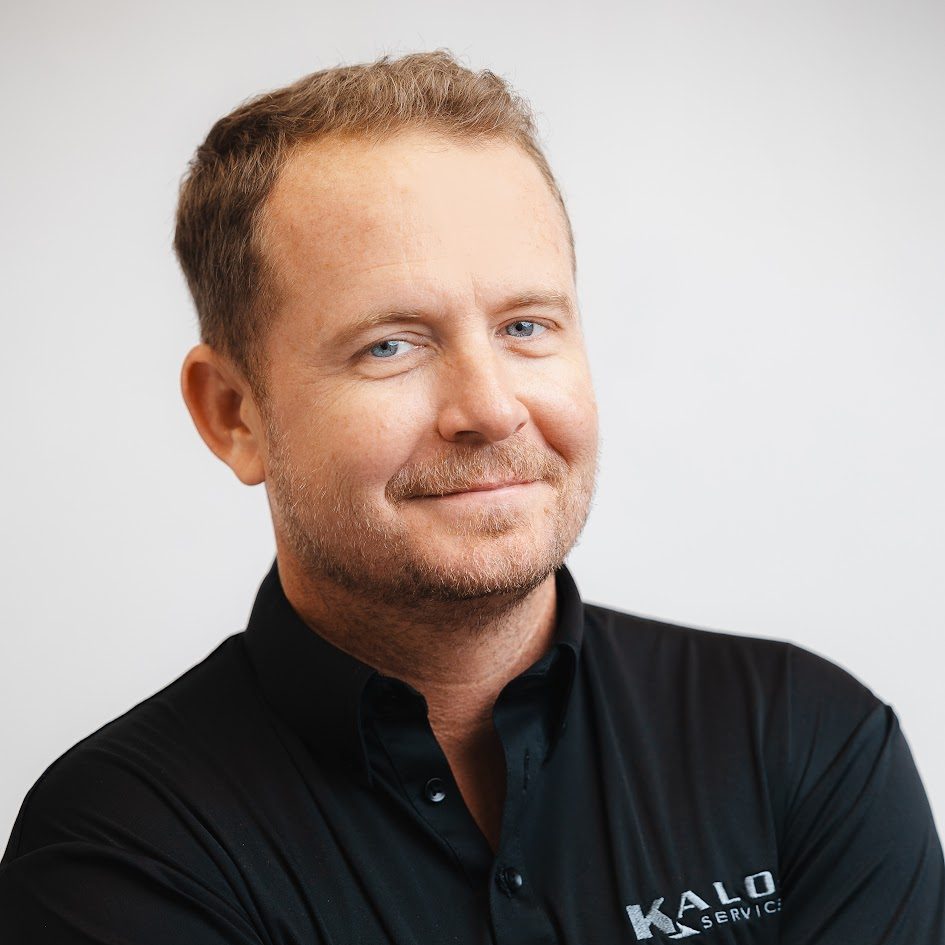A Frank UV discussion w/ Ron Saunders from Fresh-Aire UV

In this podcast, Ron Saunders from Fresh-Aire UV comes on and answers questions about UVC. He clears up misconceptions and pulls no punches. Fresh-Aire UV (Triatomic Environmental) used to manufacture and sell ozone solutions, but the business evolved to sell UV and carbon-based IAQ solutions.
UV lights exist on a spectrum of varying wavelengths. Some UV lights at the higher end of the spectrum produce ozone, but UVC light does not. UVC's frequency (~250 nanometers) is outside the range of light that produces ozone (shorter than 185 nanometers).
Like any other IAQ product, UVC lights have advantages and disadvantages. To kill microorganisms, you need a mix of time, intensity, and proximity to the light. Since UVC effectiveness is so multifactorial, studies can be a bit misleading and can make the products look more effective than they really are by letting time and proximity make up for some slack in intensity. Visual light also doesn't necessarily reflect the light's intensity; you must be diligent about replacing them according to manufacturers' specs.
UVC lights can kill all microbes, including viruses like COVID-19. However, light intensity and air velocity are both factors that determine how effectively UVC lights can kill viruses. Viruses don't propagate on coils like mold, though, so you don't have to worry about viral “growth” on coils in the same way you'd deal with fungi or bacteria.
Ron and Bryan also discuss:
- Benefits and drawbacks of ozone solutions and oxidizers
- Time vs. intensity
- “Airstream kill rate”
- Viruses vs. fungi and bacteria
- How to answer customer questions about COVID-19
- UV lights and component damage
- Handheld UV applications
- Hydroxyl radicals vs. ozone
- Scarce independent testing in PCO technologies
- UV light and skin/eye disorders
- Best COVID-19 product
- Using UV lights in ducts
- Measuring and detecting chemicals
- Stray light and VOCs
Learn more about Refrigeration Technologies HERE.
If you have an iPhone, subscribe to the podcast HERE, and if you have an Android phone, subscribe HERE.
Author:









Comments
To leave a comment, you need to log in.
Log In